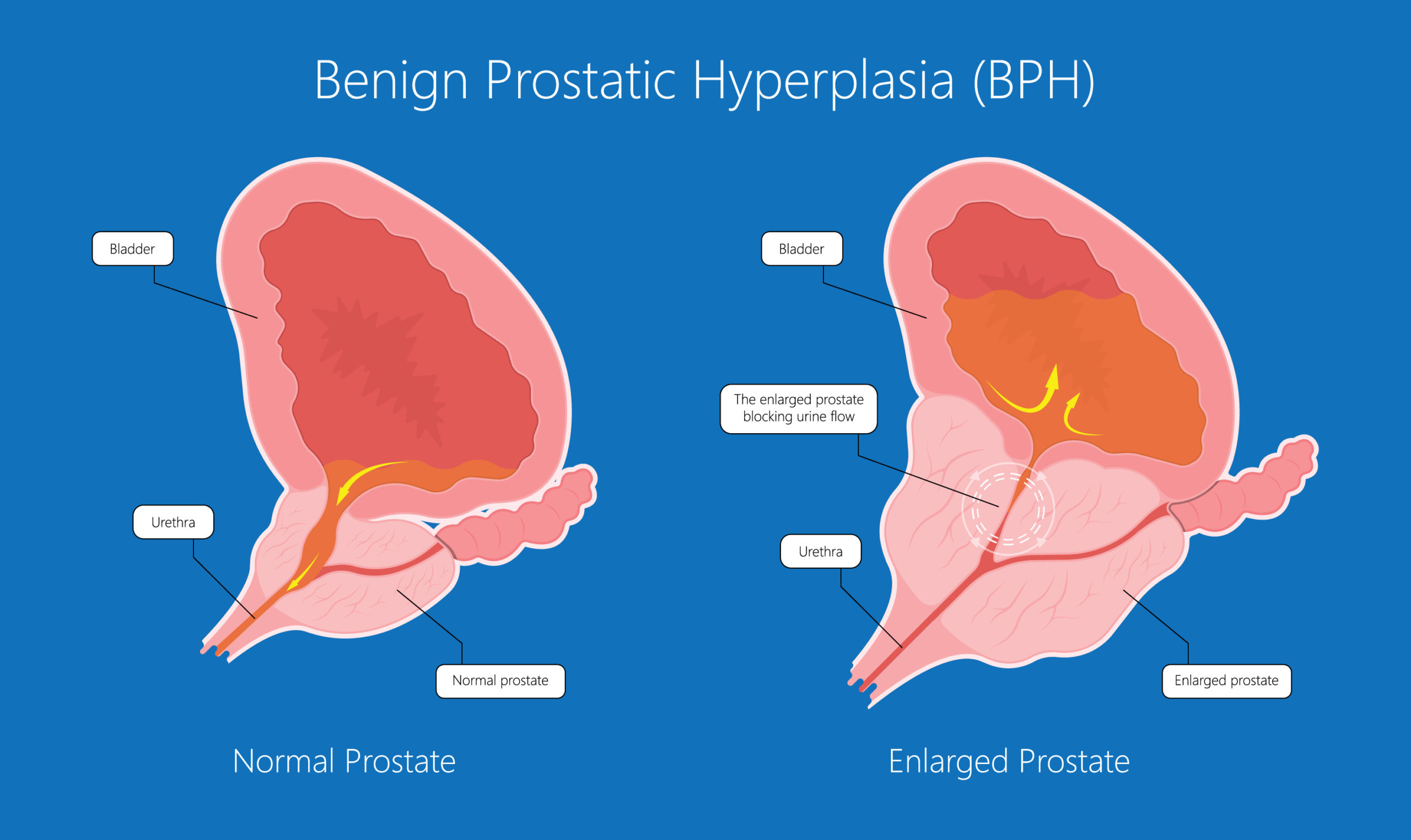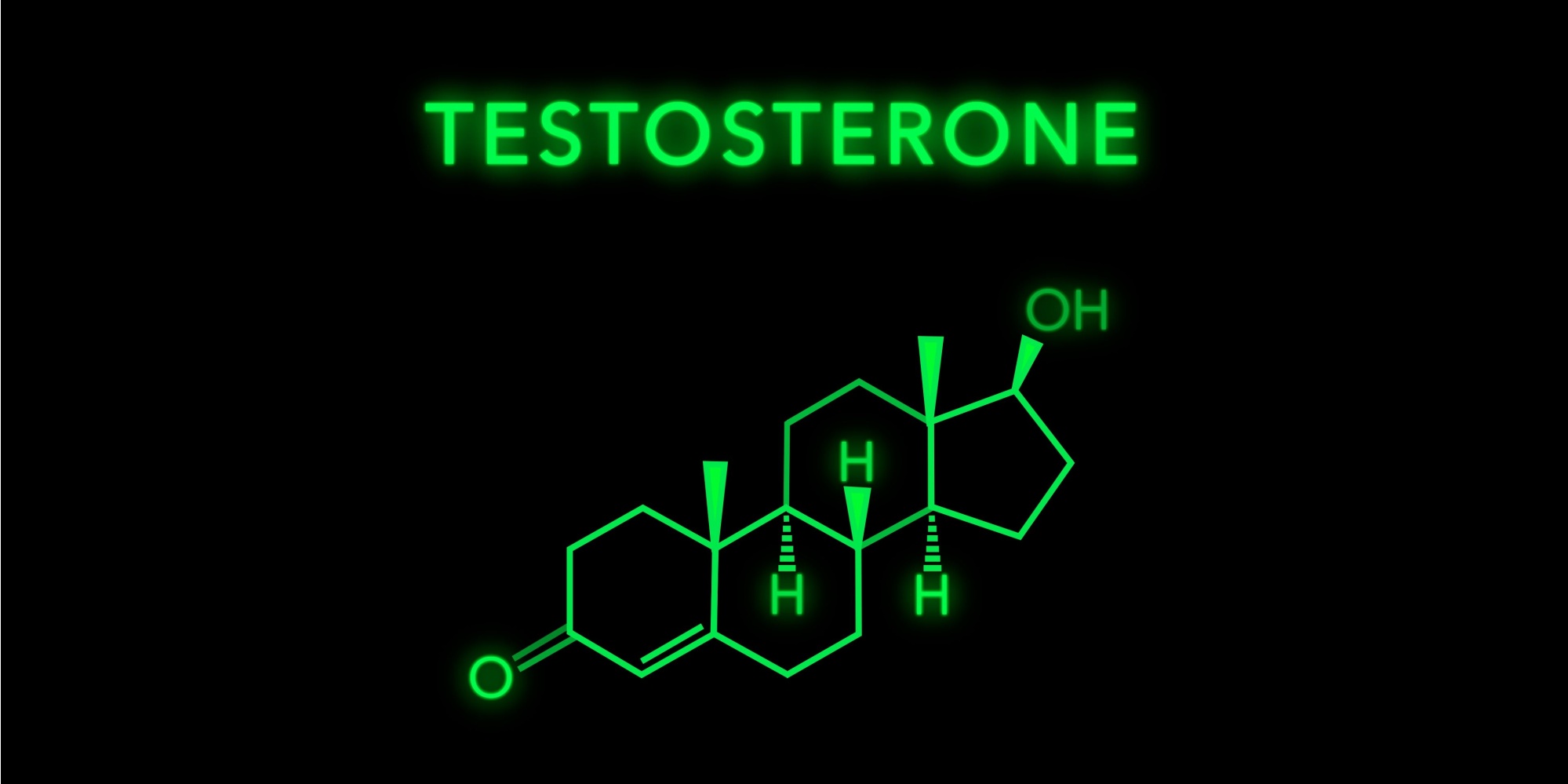
Movember – whatever you grow will save a bro!
November 22nd, 2022International men’s day falls on the 19th of November every year. It celebrates the positive value that men bring to the world. The annual event was established in 1999 by Dr Jerome Teelucksingh, a history lecturer from the University of West Indies in Trinidad and Tobago. This month, 80 nations will join together to tackle men’s health and the male suicide crisis. In conjunction with that, men from at least 21 countries around the world grow their facial hair to raise money for the Movember Foundation.
For those men participating in Movember, November is a hairy month but remember, whatever they grow will save a bro
The Movember movement started in November 2003 when two friends sat in a bar drinking beer in Melbourne, Australia. Their idea was inspired when a friend’s mother was raising money for breast cancer. The two of them found 30 men who were happy to grow a moustache to raise funds to help build awareness of men’s mental health and suicide prevention. Also, to educate people about prostate and testicular cancer, to increase early detection of cancer and save lives. The two friends created a website and registered the company ‘The Movember Foundation’ with the symbol of a moustache driving the movement. Come 2005 9315 men in Australia had raised $1.2m AUD. In 2006 with the new tagline ‘Changing the face of men’s health’ the Movember movement launched in New Zealand. In 2007 the USA, Canada and the UK followed suit. To date, Movember has raised more than $800m AUD. That money has funded over 1250 men’s health projects globally intending to help save fathers, brothers, sons, grandfathers and friend’s lives. If you are participating in Movember and donating funds, no matter what you grow you will save a bro.
Movember, men’s mental health and suicide
Globally 1 man dies by suicide every minute, and 3 in 4 suicides in the UK are men. Not all men who are depressed will experience every symptom of mental health related issues listed below. Some men experience only a few symptoms, while others may experience many.
- Anger, an increased tendency to irritability, or being aggressive
- Anxiousness, restlessness or a feeling of being “on the edge”
- A lack of interest in anything that used to be pleasurable, your work, or your family. this can lead to an inability to meet targets or deadlines or arrive to places on time.
- Lack of libido
- Feelings of sadness, hopelessness or generally feeling “flat”. This can in extreme cases extend to suicidal feelings or attempts.
- Problems with overeating or undereating
- Tiredness beyond normal levels, or just wanting to stay in bed
- Inability to sleep
- A need to do high risk activities to feel “alive”
- Aches, pains, digestive problems, cramps etc
- Relying on alcohol or drugs to get through the day
- Withdrawing from human contact
The Movember Foundation wants to help men live happier, healthier and longer lives. The foundation funds projects to help educate men and to teach them the importance of social connection. Some of the men’s health projects have bought together men from all walks of life, projects such as:
- Social innovator’s challenge – to help restore social connections of men for those at risk from loneliness and isolation
- The changing room – Scottish professional football team league trust and the Hibernian football club engage with men in the heart of the community
- Brothers through boxing – a non-contact boxercise class
- Men’s pie club – creating, cooking and eating
- Ex-cell 50+ – older male offenders how to build social connection
- Movember conversations – support men who are struggling
There is plenty of help from the brightest minds in healthcare, such as ManHealth in the UK, a voluntary sector organisation. It offers free peer support groups and a WebChat and Connect service for men with depression and other mental health conditions. In 2020 ManHealth supported over 3500 men and provided over 7000 hours of free peer support. The organisation offers training for businesses, schools and colleges on health inequalities affecting men and boys. It also campaigns to raise awareness about men’s health issues. MensGroup is an American-based team of counsellors, therapists, coaches, first responders and contributing members. They have vetted role models who are well trained. The group want to help men find conversations and friendships to assist in overcoming challenges and growing as individuals.
Movember is all about building awareness of prostate and testicular cancer
1 in 8 men gets prostate cancer. Prostate cancer isn’t always life-threatening, the earlier you catch it, the more likely you are to be cured. Those at a higher risk are black men and men over 50 years old. If family members have suffered from prostate cancer the chances are higher.
The symptoms of prostate cancer are:
- Problems going for a wee such as interrupted flow or a “weak” flow of urine
- Problems with empying the bladder fully
- Blood in the semen or urine
- Pain when ejaculating and/or urinating
- Pain higher up, such as in the pelvis or back
Testicular cancer is one of the less common cancers, it affects younger men aged between 15 and 49. White men are at higher risk and in the UK numbers have doubled since the mid-1970s.
The testicles are a very important part of the male reproductive system as they produce sperm and testosterone.
The symptoms of testicular cancer are:
- A lump or swelling in the testicles
- Heaviness in the scrotum
- Dull ache in the lower belly
- Sudden swelling in the scrotum
- Enlargement of the testicles
- Tenderness of the breast tissue
- Back pain
The cause is unknown but facts and research can indicate a risk factor for prostate and testicular cancer
Prostate cancer is the 4th most prevalent cancer in the world and much like testicular cancer, the cause is unknown. Research shows that factors such as age, ethnic group, family history, obesity and diet can show if someone is at high risk of developing either form of cancer.
Treating prostate and testicular cancer
The treatment for prostate and testicular cancer depends on an individual’s circumstances.
Diagnosis of prostate cancer comes from a prostate examination, biopsy and a scan. The stage of cancer will determine the required treatment. Watchful waiting and active surveillance are two forms of treatment sometimes involving PSA tests and MRI scans. If cancer hasn’t spread beyond the prostate, surgery can be an option. The prostate gland is removed in a procedure called a radical prostatectomy. Radiotherapy after surgery is sometimes recommended. Prostate cancer can come back so it is very important to keep monitoring. Diagnosis of testicular cancer comes from a scrotal ultrasound, blood tests and histology, a process similar to a biopsy. Again, the stage of cancer will determine the type of treatment which could include chemotherapy, radiotherapy or surgery. Whatever the stage of cancer, the first option offered is the removal of the affected testicle through a procedure called an orchidectomy. With testicular cancer the chances of recurrence are low but the sufferer should be monitored.
March is the month for prostate cancer awareness in the UK. If you visit the Prostate Cancer UK website you can find out how to get involved in fundraising. In August 2022, The White House proclaimed September was prostate cancer awareness month. Joe Biden declared that “ending cancer as we know it is a top priority for my administration”.
In the UK and US, April is testicular cancer awareness month where US men aged between 20-35 are encouraged to get tested. In the UK, testicular cancer awareness month is to highlight the challenges and threats that testicular cancer poses. It is one of the most treatable cancers if caught early enough.
If you are looking for a supplement to take as part of prostate cancer, we recommend our product 4MU (4-methylumbelliferone). A front line product to fight against prostate problems.
https://www.antiaging-systems.com/products/4mu-4-methylumbelliferone-4mupro/
This November we will see friends and family members on social media platforms amusing us with their temporary new hairy look, proudly revealing a bushy Movember moustache. Remember whatever they grow will save a bro so don’t hesitate to contribute because men are dying too young.







